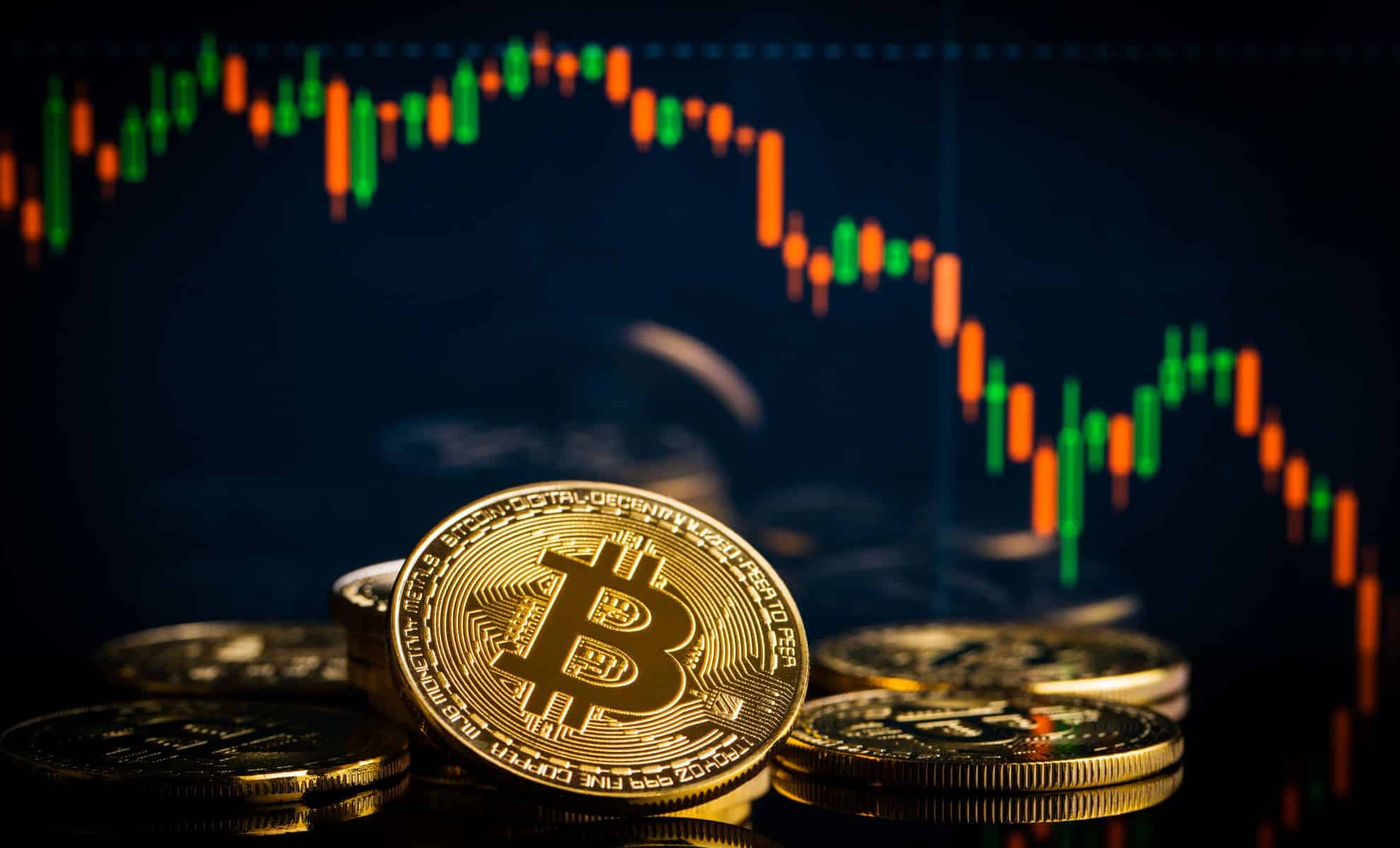On December 10th, the SEC greenlit the trading of 11 spot Bitcoin exchange-traded funds in the U.S. The long wait and high anticipation of this approval by cryptocurrency investors prompted a 155% surge in bitcoin prices in 2023, reaching over $42,000. On the inaugural trading day, the new Bitcoin ETFs witnessed a substantial turnover, with $4.6 billion worth of shares exchanged, as reported by investment research firm CFRA.
“This is a key milestone in the ETF industry,” stated Todd Rosenbluth, head of research at VettaFI. “For a generation of investors who have been embracing ETFs as their go-to investment vehicle, this opens the door for them to get exposure to this emerging asset class.” In other terms, these funds are of a high importance.
As of January 20, Bitcoin ETFs volume has totaled $16.49 billion. Here’s everything you should know about them.

Distinguishing Features of the Latest Bitcoin ETFs
While Bitcoin ETFs are not entirely novel, the recent ones bring a different approach. Previous iterations primarily relied on Bitcoin derivatives to mirror its price. These ETFs engaged in buying and selling Bitcoin futures contracts to mimic the cryptocurrency value movements.
However, this method often led to imperfect results, with investment returns not precisely mirroring the fluctuations in bitcoin cost. “It was a broken product that never really worked,” states Stephane Ouellette, founder and CEO of FRNT Financial. “Buying bitcoin products in most retail accounts was very difficult.”
The latest batch of ETFs resolves this issue, as spot ETFs directly own Bitcoin to track its price. According to Rosenbluth, this approach provides a potentially cleaner means of gaining exposure to the asset.
ETFs Boost Cryptocurrency Exposure
ETFs provide a convenient means of gaining exposure to cryptocurrencies. Unlike many diversified ETFs that track various investments, these new bitcoin funds focus solely on monitoring the price of Bitcoin. For retail investors, the appeal lies in the ease of purchasing Bitcoin ETFs directly through brokerage accounts, integrating seamlessly with their overall investment portfolio.
“The investor that’s likely to find this appealing is the one who has already bought other ETFs, whether it’s tied to the S&P 500 or emerging markets or bonds or what have you,” states Rosenbluth. “This is going to work just like any other ETF of yours. You buy and sell it on the market during trading hours, you get exposure to the underlying investment, and you can sell whatever it is you want in a tax-efficient way.”
Owning an ETF instead of holding Bitcoin directly in a dedicated account come with the drawback of an annual management fee. The expense ratios for the 11 new funds vary from 0.2% to 1.5% of your assets in the fund. However, some firms are currently waiving or reducing their fees to attract customers. Remarkably, Coinbase and other famous crypto exchanges charge traders fees for trading Bitcoin as well as other digital currencies.
Influx of New ETFs in the Horizon
The initial batch of Bitcoin-backing ETFs is just the starting point, according to Stephane Ouellette. He foresees a potential race to lower fees, turning these ETFs into loss-leading products. Within the next year, major fund companies are expected to expand their crypto product offerings, exploring funds that blend Bitcoin holdings with diverse assets or incorporate trading strategies using derivatives to capitalize on specific market trends.
Currently, choosing a bitcoin ETF for your portfolio is a matter of personal preference aligned with your risk tolerance. Rosenbluth notes that opting for a fund waiving fees might offer the best cost advantage, while selecting a reputable name could instill a sense of trust in your investment choice.
As more intricate funds enter the scene, you’ll need to conduct a bit more research to ascertain if a particular product aligns with your investment objectives.
The Ripple Effect of ETF Approval on the Global Crypto Confidence
Positive growth in the U.S. crypto space often have a domino effect on the worldwide market sentiment. Edul Patel, CEO & Co-founder of Mudrex, emphasizes that “the SEC’s approval of Bitcoin spot ETFs will attract institutional investors who were previously cautious due to regulatory concerns. There will be increased institutional interest, which could further lead to higher liquidity and more stability in the market, which may have a global impact, including in India.”
While the immediate impact may be noticeable in the Bitcoin market, the endorsement of crypto investment through regulated spot ETFs carries wider significance. Edul Patel suggests that this move has the potential to attract a large investor base, fostering increased capital flows throughout various cryptocurrencies. Key industry players, including BlackRock, have already submitted filing for Ethereum spot ETFs, generating anticipation for potential approvals in this domain.
Looking forward, the convergence of ETF approvals, the upcoming halving and regulatory clarity establishes a promising outlook for Bitcoin. Patel anticipates, “the year 2024 holds immense promise for Bitcoin, as the confluence of ETFs, halving, and regulatory clarity is set to drive demand. It is expected that BTC will cross its previous highs of 69k.” This expectation extends beyond short-term gains; Patel foresees a substantial influx of 5-7 billion in the next three months, with institutions showing a keen interest in the crypto market.

